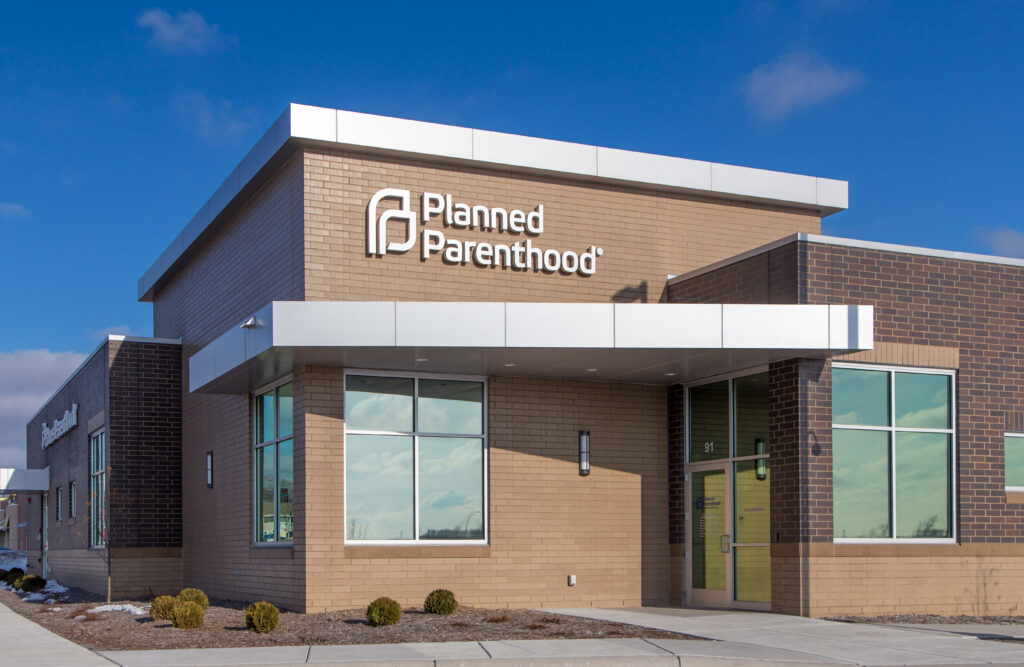Abortion Reporting: Maine (2017)
Maine’s abortion report for 2017 was published in September 2018 by the state Department of Health and Human Services. The report demonstrates that the total annual number of abortions reported in Maine continues to fluctuate, while chemical abortions are rising steadily.
Changes in Maine Abortions, 2016-2017

Abortion Totals and Trends
In 2017, there were 1,959 abortions reported in Maine, down two percent from the 1,997 reported in 2016 (Fig. 1). However, chemical abortions increased by 14 percent over the same time period, rising form 799 in 2016 to 909 in 2017. Since 1999, the earliest year of data available online, total abortions in Maine have fallen by 19 percent. Chemical abortions have skyrocketed by 1,237 percent since 2001, the first full year after the U.S. Food and Drug Administration approved the use of mifepristone. Chemical abortions made up 46 percent of all Maine abortion procedures in 2017. Maine’s abortion report does not include the state abortion rate, but CLI estimates that the rate declined from 2016 to 2017 (Fig. 2).
State Report Summary
The majority of abortions reported in Maine, 95 percent, were performed on Maine residents. Twelve percent of the women getting abortions were age 19 or younger, while 55 percent were in their twenties, 31 percent were in their thirties, and three percent were age 40 or older. White women made up the majority at 85 percent. Six percent of Maine abortions were performed on black women, and nine percent were performed on women of other races.
As in other states, most women undergoing abortions in Maine (81 percent) were not married; 17 percent were married, and three percent did not report their marital status. Just over half had given birth – 24 percent had one previous live birth, and 28 percent had more than one. A little over a third had already had an abortion. Twenty-two percent had one previous abortion, and 13 percent had two or more. Eighty-two percent had never had a miscarriage, while 14 percent had one miscarriage and five percent had more than one.
Two-thirds of the abortions reported in Maine were performed before nine weeks of gestation. Seventeen percent occurred between nine and 10 weeks, and nine percent were performed between 11 and 12 weeks. Four percent were performed early in the second trimester between 13 and 15 weeks of gestation and three percent were between 16 and 19 weeks. There were no abortions reported at or after 20 weeks of pregnancy. In Maine, abortion is prohibited after viability (around 24 weeks of gestation) unless the life or health of the mother is at risk. Suction curettage was the most common procedure, used for 50 percent of abortions, followed closely by medical abortion, used 46 percent of the time.
Parental Consent
Maine ostensibly requires parental consent before minors may obtain abortions, but the law has multiple exceptions. In fact, Planned Parenthood classifies the state as having no parental consent requirements at all. As an alternative to getting parental consent, an unemancipated minor may undergo counseling provided by a physician, pastor, or other counselor or get a court order consenting to the abortion. In 2015, Maine attempted to tighten its parental consent requirements, but the bill narrowly failed to pass. Eighty-one girls under the age of 18 got abortions in Maine in 2017, including two between the ages of 10 and 14. The abortion report does not indicate whether the parents of any of these girls were informed or whether clinics followed legal requirements to report any suspected abuse.
State Ranking
In 2016, the Charlotte Lozier Institute published a report that ranked the 50 states, New York City, and the District of Columbia on the quality of their reporting. Maine tied for 36th best. To improve its reporting, Maine could add information on the education levels of women who get abortions, data it already collects. Maine could also collect and report information on the facilities where abortions are performed – as Maine is one of a handful of states participating in an ongoing study on chemical abortion administered via telemedicine, Maine residents have an interest in where and how abortions are happening. Maine could report why women choose abortion, how abortions are funded, and whether any complications occur. Since Maine prohibits abortion after viability, the state could ask doctors to report whether any of the children killed by abortion displayed any indications that they had reached a point of development that would have allowed them to survive outside the womb.


- Maine does not report the state abortion rate. Rates were calculated by the Charlotte Lozier Institute using population estimates from the United States Census Bureau. The rates were calculated using the following formula: (total number of abortions performed in Maine ÷ number of resident women ages 15-44) x 1,000.
























